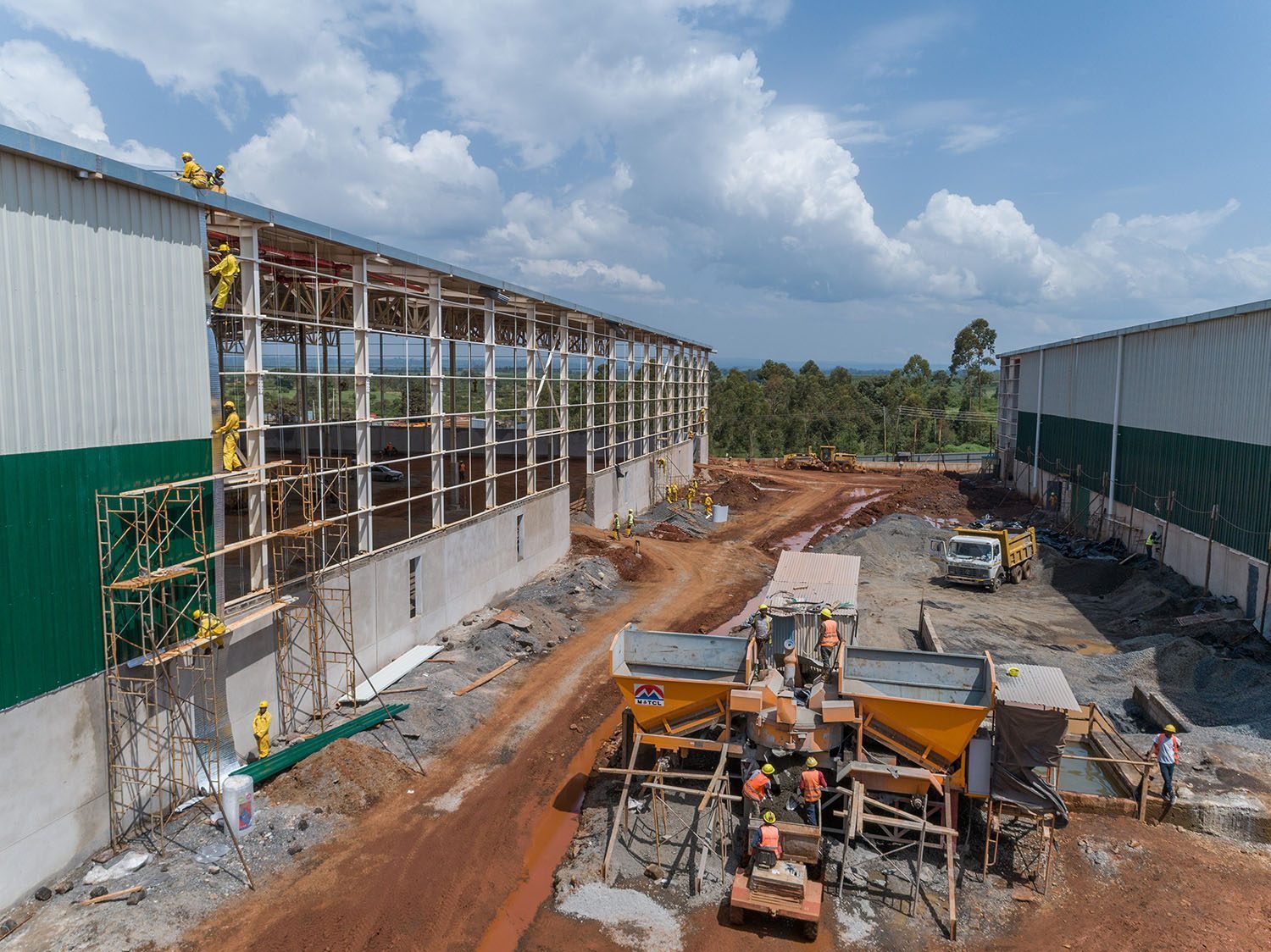Completion of the Ha-Belo industrial estate project in Butha-Buthe, Lesotho has been moved to August this year. This is after the US $55.5m project encountered a number of challenges midway-construction. The project was supposed to have been delivered in January but it is still 81% complete.
According to the Lesotho National Development Corporation (LNDC) which is in-charge of the project, the delays were caused by resurveys and digital terrain modelling of the project site.
Ha-Belo industrial estate project
The first phase of the project is scheduled to deliver 16 factory shells which are expected to employ over 14 500 people upon completion of construction. Subsequent phases of the project will create an additional 41 000 jobs from 51 shells. Had the project been completed on schedule, then tenants were expected to have started setting up shop in the factory shells and boost employment.
Also Read: Adétikopé Industrial Platform construction works at full swing, Togo
According to Lebohang Mohau, the LNDC’s general manager of the property development and management unit said that the delay will negatively impact on the occupation of the factory shells, and lead to delayed sublease conditions. “The implications of the delayed completion of construction works will be adverse on timely occupation of the factory shells, and lead to delayed sublease conditions. There could also be possible additional costs due to material price increases. However, current effort has focused upon cost optimisation,” said Mohau.
The delayed completion of the Ha-Belo industrial estate has also delayed the creation of thousands of jobs. This is because Lesotho’s employment creation prospects is largely tied to the construction of the new factory shells.
The government owned project is being developed by the LNDC, with Unik Construction Engineering as the main contractor. Additional costs are likely to arise but the LNDC is working on minimising its spending to avoid cost overruns.

